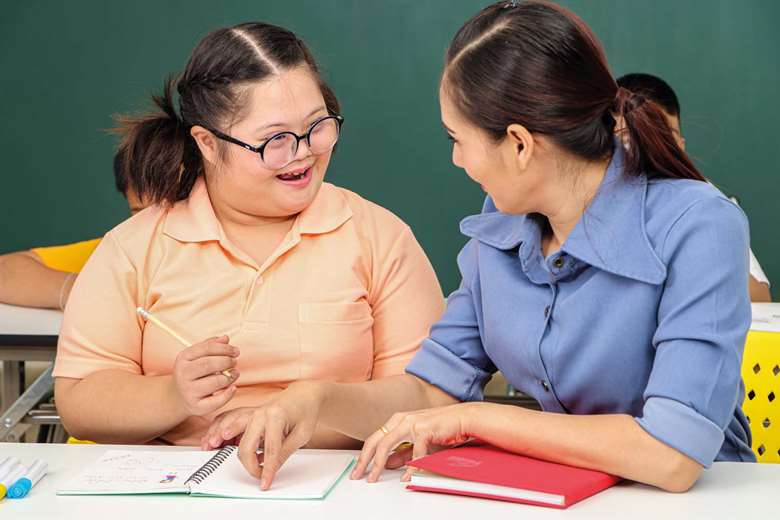Wellbeing, relationships, bullying and independence among young people with SEN
Joe Crowley, Ekaterina Khriakova, Line Knudsen and Jessie Reddin
Wednesday, May 1, 2024
SEND Futures is a national study of young people in England with special educational needs (SEN), commissioned by the Department for Education and published in December 2023.

The aim is to find out more about the experiences of this group to shape improvements in policy and support. The research is being carried out by the National Centre for Social Research with support from the National Children’s Bureau.
Method
The first phase of the study was carried out between May and September 2022 and involved a combination of online surveys and face-to-face interviews. The interviews were designed to capture the views of young people with SEN seldom represented in survey research such as looked-after children, young people from ethnic-minority backgrounds and those eligible for free school meals. Researchers gathered 3,000 responses from young people aged 12 to 13 with SEN and about 3,500 responses from parents and guardians. They obtained data on topics including the young person’s needs, the support they received, experiences at school, wellbeing and expectations for the future.
Key findings
Young people with SEN were asked to rate different aspects of their lives on a seven-point scale where one was “completely happy” and seven was “not at all happy”. Most reported reasonable levels of contentment. However, a substantial minority – just over 13 per cent – reported lower levels of happiness overall with scores of five or above. The research found young people were most happy with their family and least happy with their school or educational setting and how they look. Those with autism and social, emotional and mental health difficulties were more likely to report low wellbeing.
About three quarters were said to have good relationships with their peers but a quarter were reported by parents to get on “not very well” or “not well at all” with other young people. Nearly two thirds – about 63 per cent – of young people with SEN said they had experienced bullying in the last 12 months. Again, those with autism and social, emotional and mental health difficulties were the groups most likely to report negative experiences such as bullying.

When it came to independence, the majority of young people reported spending some time with their friends without an adult present with 44 per cent reporting this happened “most weeks”. But almost a quarter – 23 per cent – said they never spent time with friends without supervision. This suggests a substantial group of young people with SEN were not experiencing this element of an independent adolescent lifestyle at this point in their lives.
The vast majority – 94 per cent – of young people expected to have a job in the future. Most parents also expected their children to go into employment although they were a bit less optimistic with 85 per cent reporting they expected their child to have a job in the future. Most young people said they would like to go into some form of further education, training or work. Young people with high levels of support needs – those with an education, health and care plan or not in mainstream education – were less likely to want to continue in education and more likely to say they wanted to go directly into work.
Implications for practice
A consistent finding was that young people with autism and social, emotional and mental health problems were at greater risk of negative outcomes.
The researchers suggest more support may be needed for these groups. Overall, they said the study demonstrated the value of such a large-scale survey. Further waves will enable the team to track the lives of the same young people over time.
Report authors: Joe Crowley, Ekaterina Khriakova, Line Knudsen and Jessie Reddin
Further reading:
Special Educational Needs: Support in England, Robert Long and Nerys Roberts, House of Commons Library, February 2024
“Vulnerable and abandoned” – The Impact of the Covid-19 Pandemic on Education, Health and Social Care Provision for Children with SEND: Children and Parents’ Perspectives, Emma Ashworth and others, Children & Society, July 2023
Beyond the Labels: A SEND System Which Works for Every Child, Every Time, Children’s Commissioner for England, November 2022




